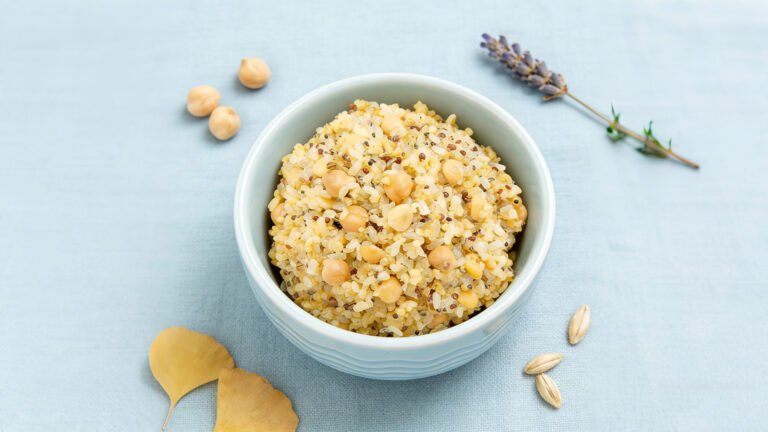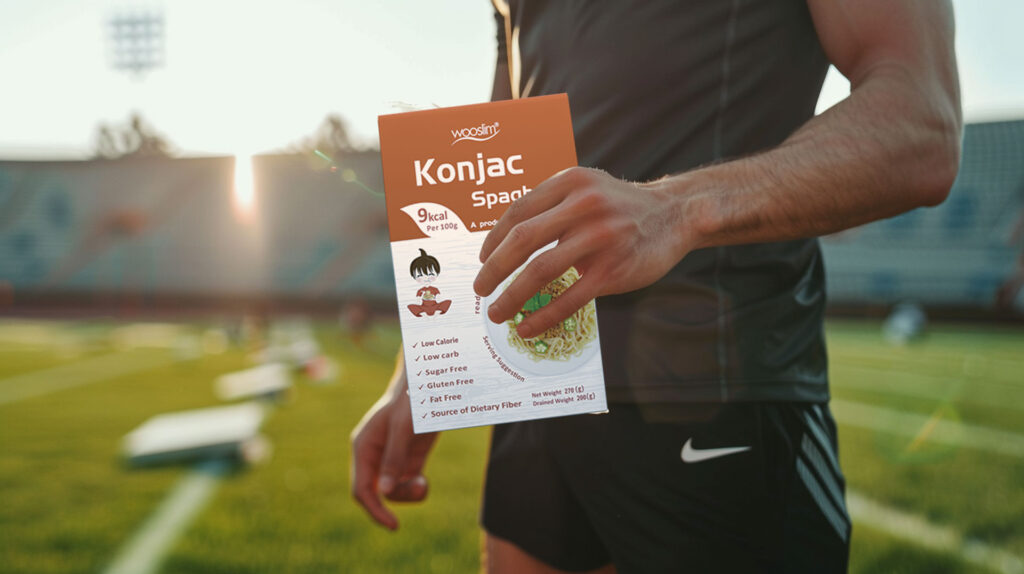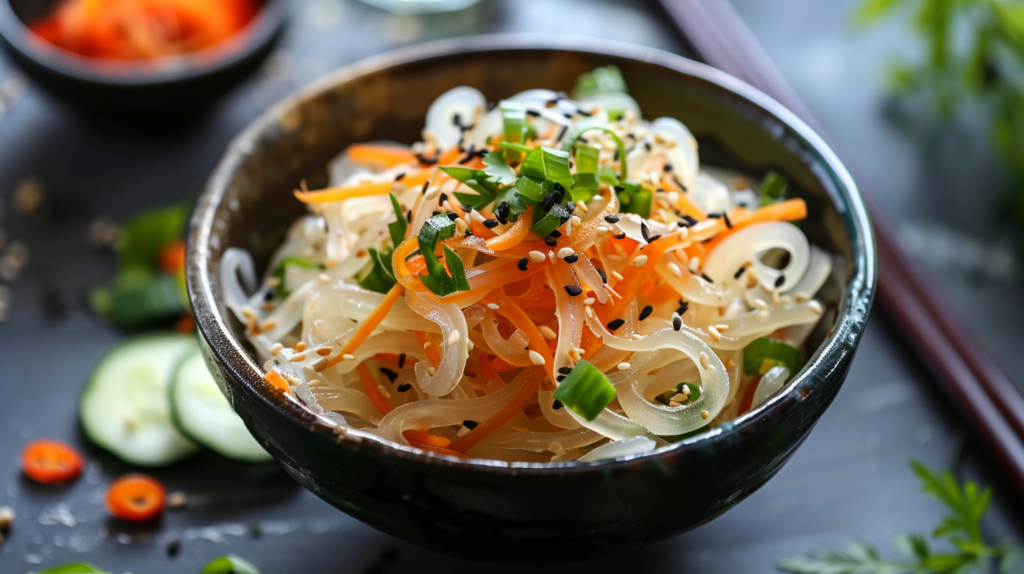
Contact Us through info@lovekonjac.com

Athletes know it: if exercise allows the muscle to gain volume, a period of “drying” is necessary to make them appear proud. This phase, which can vary in duration, this parenthesis requires a special diet to melt the adipose tissue without losing muscle mass. This allows us to draw the silhouette, it’s a bit like the quest for our summer body but stricter. To do this, limit the number of calories allowed but also the consumption of slow sugars (yes yes starchy foods, we’re talking about you!) and fats. The result: it is difficult to cope with cravings. As you can see, this is where Konjac comes into play!

Konjac, also known as glucomannan, is a plant native to East Asia. It is renowned for its high fiber content and is commonly used in traditional foods like shirataki noodles and konjac jelly. The key component of konjac is glucomannan, a water-soluble dietary fiber that has numerous health benefits. When consumed, glucomannan expands in the stomach, promoting a feeling of fullness and aiding in digestion.
With just the calories of a carrot, a pasta or a tasty risotto has never been so light. Thanks to its appetite suppressant effect, konjac also allows you not to give in to temptation when a chocolate bar passes under your nose. And since the fat content is zero and the carbohydrate content is only 0.2g, you can even treat yourself to a dash of olive oil to sign your dish (it contains monounsaturated fatty acids, allowed even when cutting!).

So, what’s the connection between konjac and sport? Firstly, the high fiber content of konjac helps increase satiety, prolongs digestion time, makes it easier to control food intake and reduces appetite. This is crucial for those engaged in physical training and weight management. Additionally, konjac helps stabilize blood sugar levels, preventing energy fluctuations, and keeping individuals more stable in terms of stamina and energy during exercise.
Secondly, the soluble fiber in konjac forms a gel-like substance, aiding in cleansing the digestive tract, promoting bowel movements, and reducing the occurrence of constipation. For athletes, a healthy digestive system means more efficient nutrient absorption and waste elimination, helping the body better absorb the nutrients needed for exercise and reducing post-exercise fatigue.
Moreover, konjac is beneficial for cardiovascular health. It contains abundant plant-based proteins and vitamins, helping to lower cholesterol levels, improve blood circulation, and enhance heart function. This is particularly important for those engaging in high-intensity and endurance sports, as it can boost physical fitness and performance.
Have you given Konjac a try in your diet? What changes have you noticed? Share your thoughts and favorite Konjac recipes in the comments below!